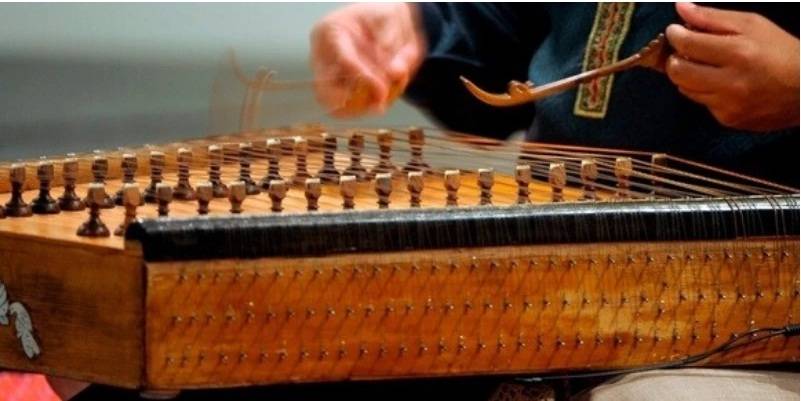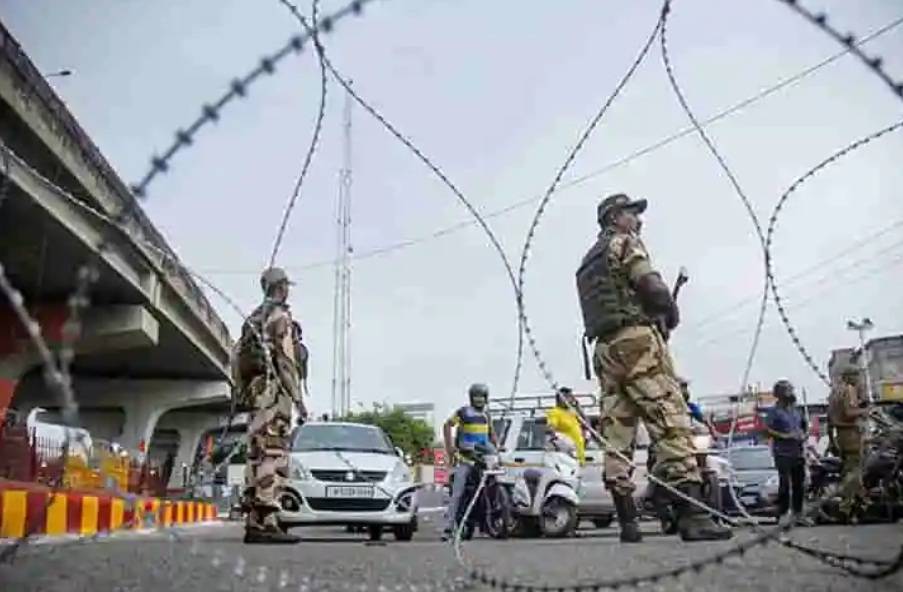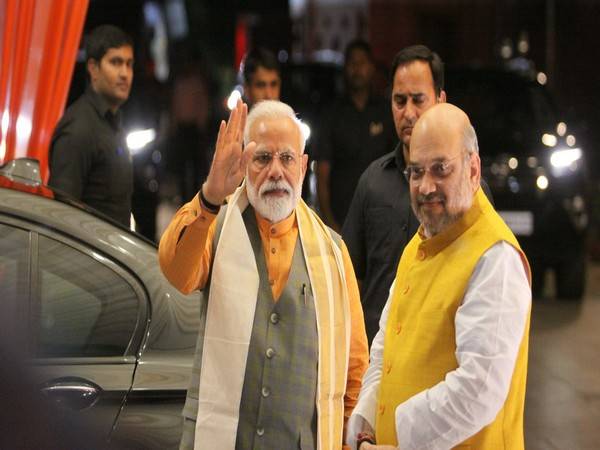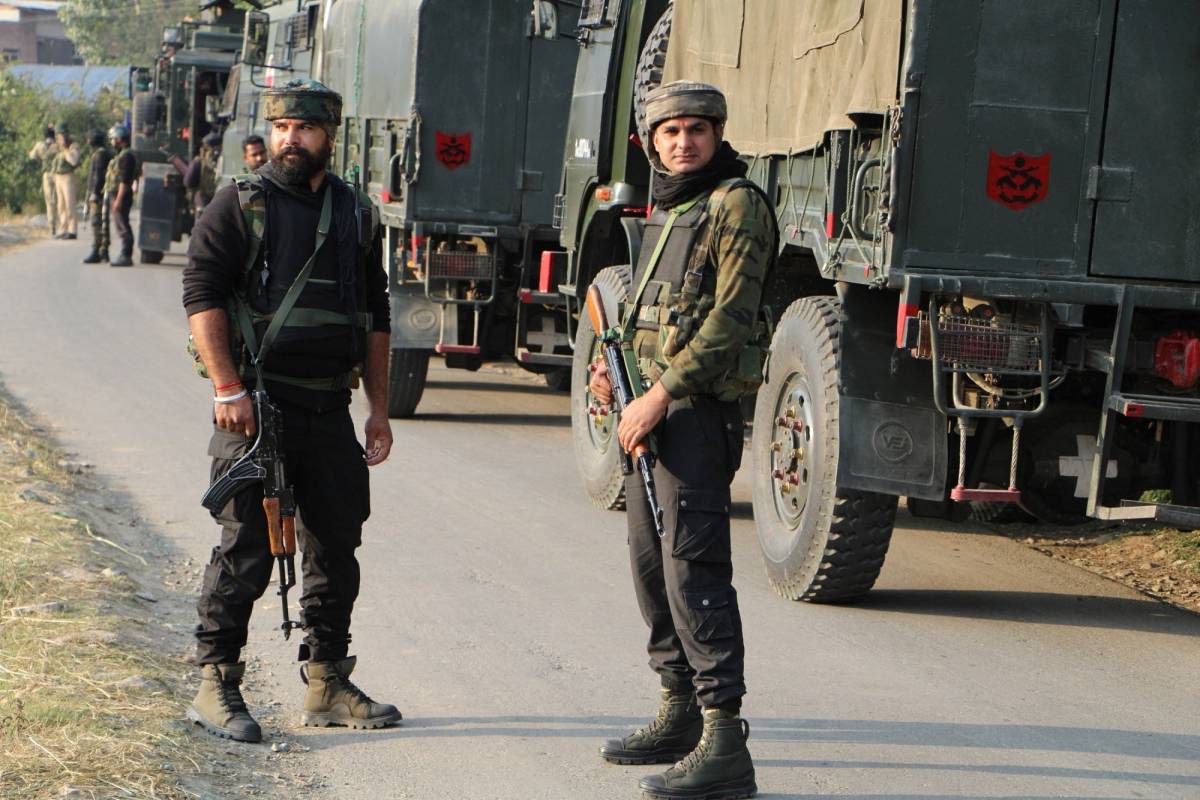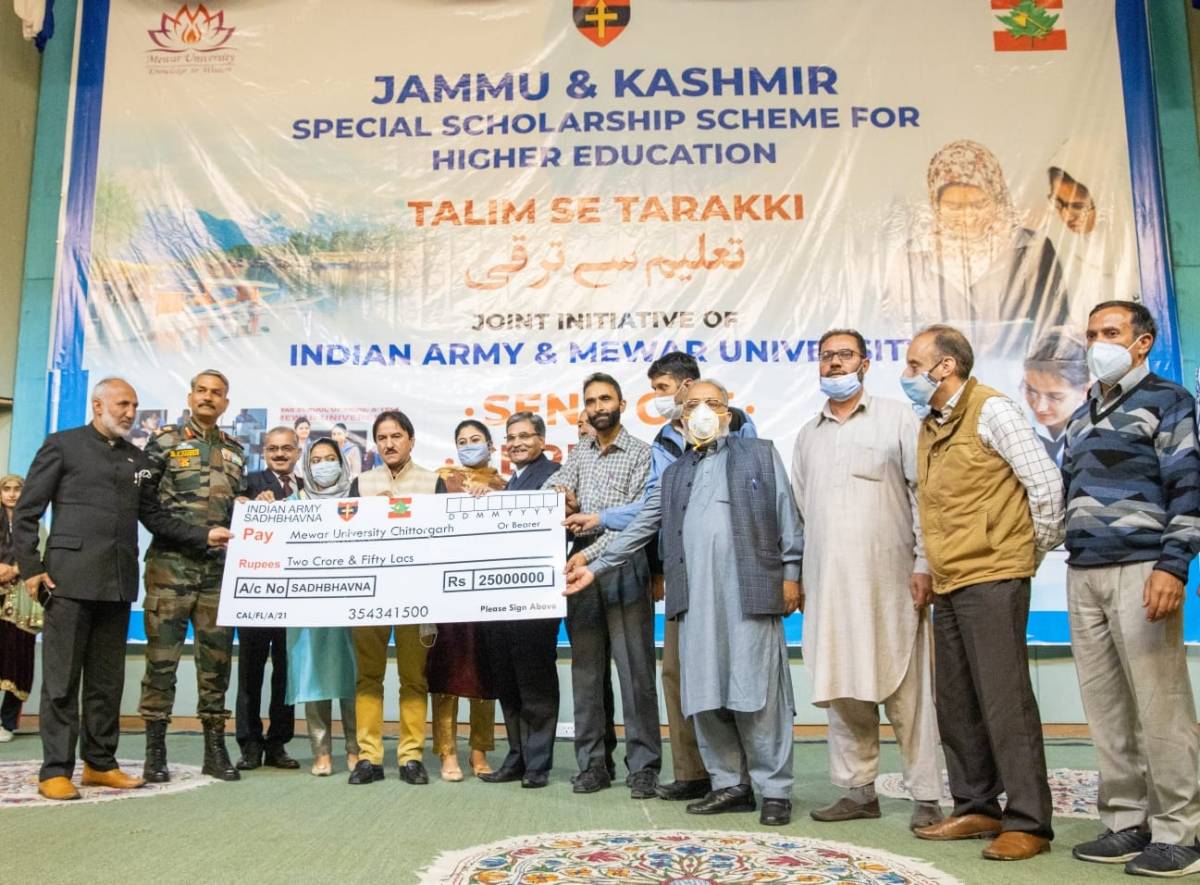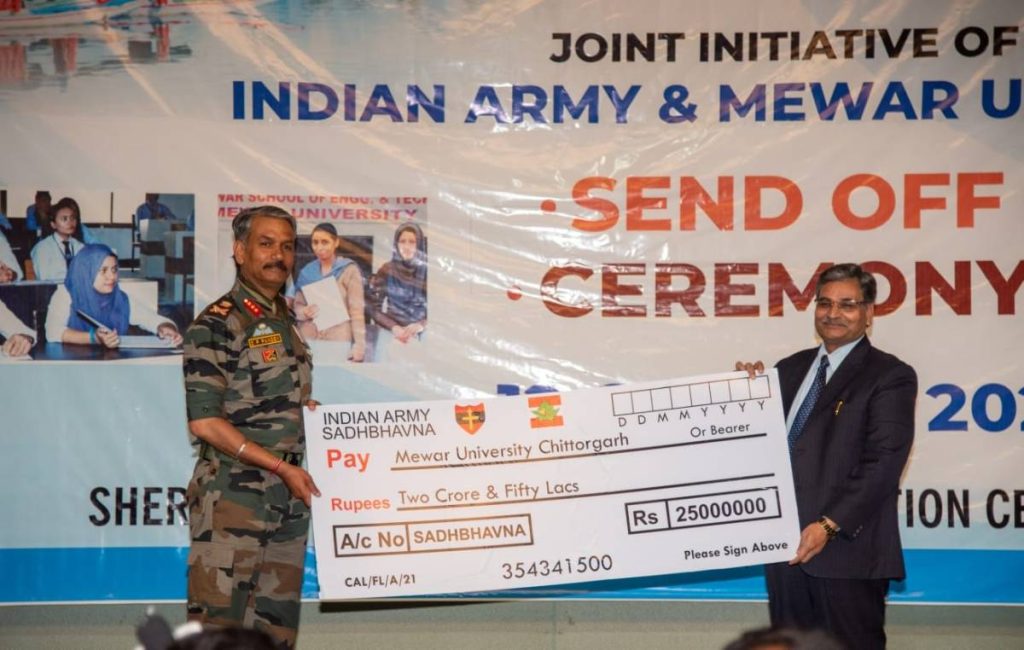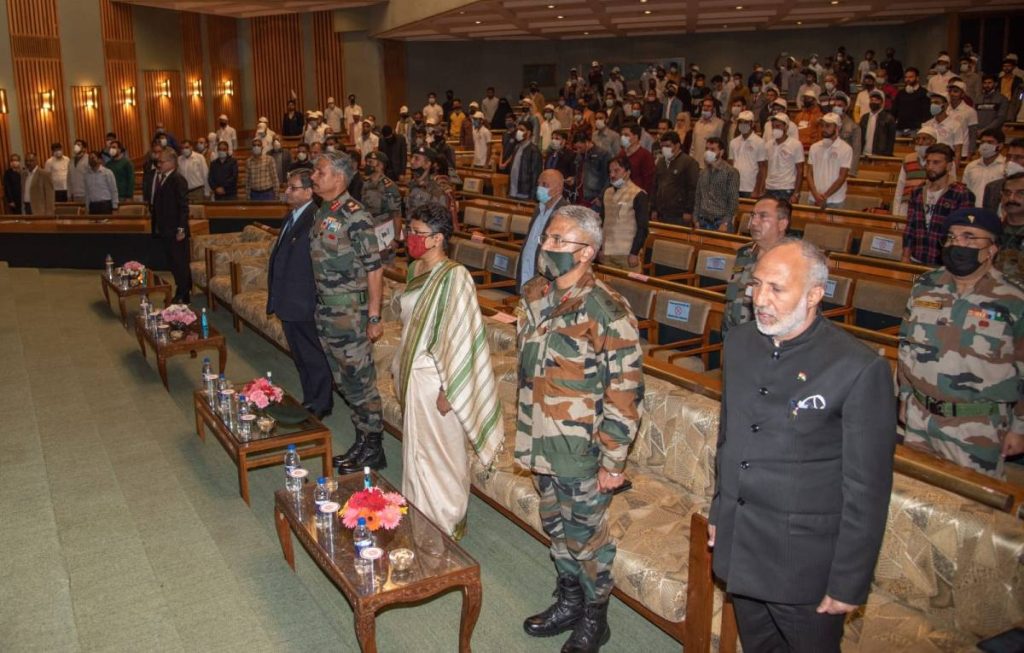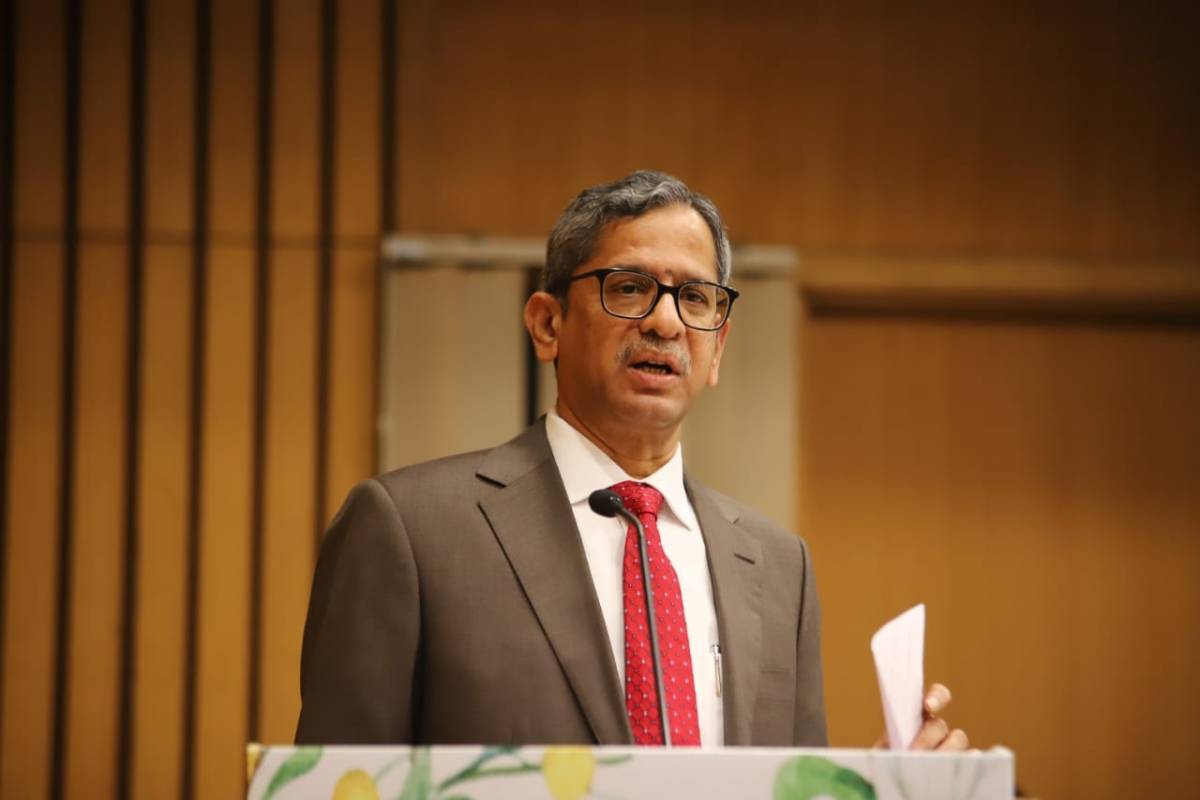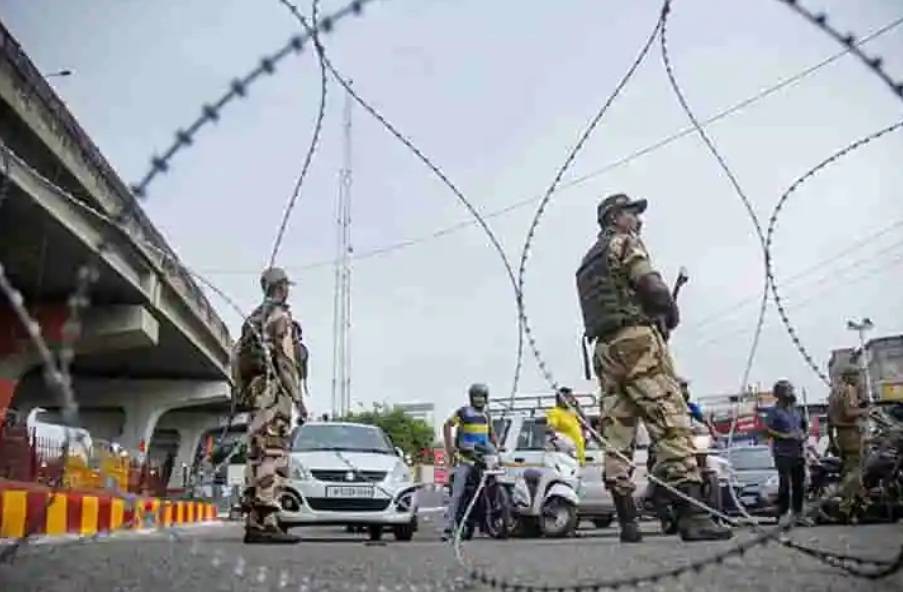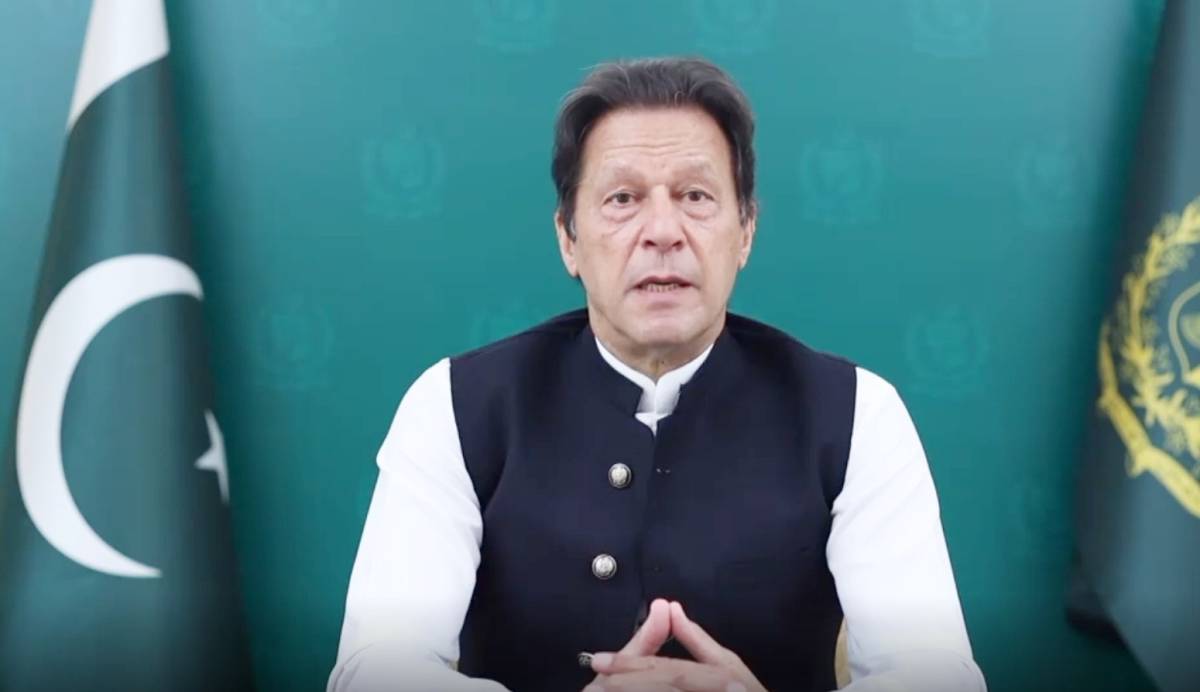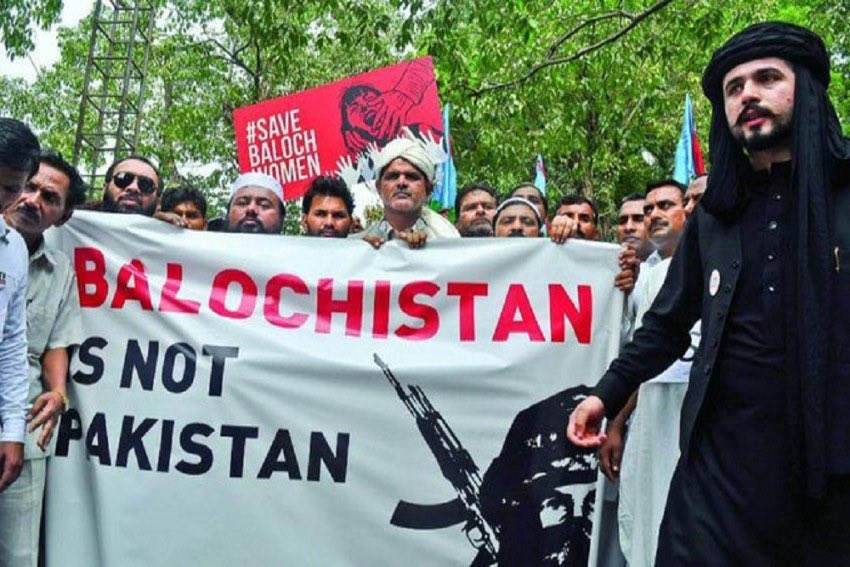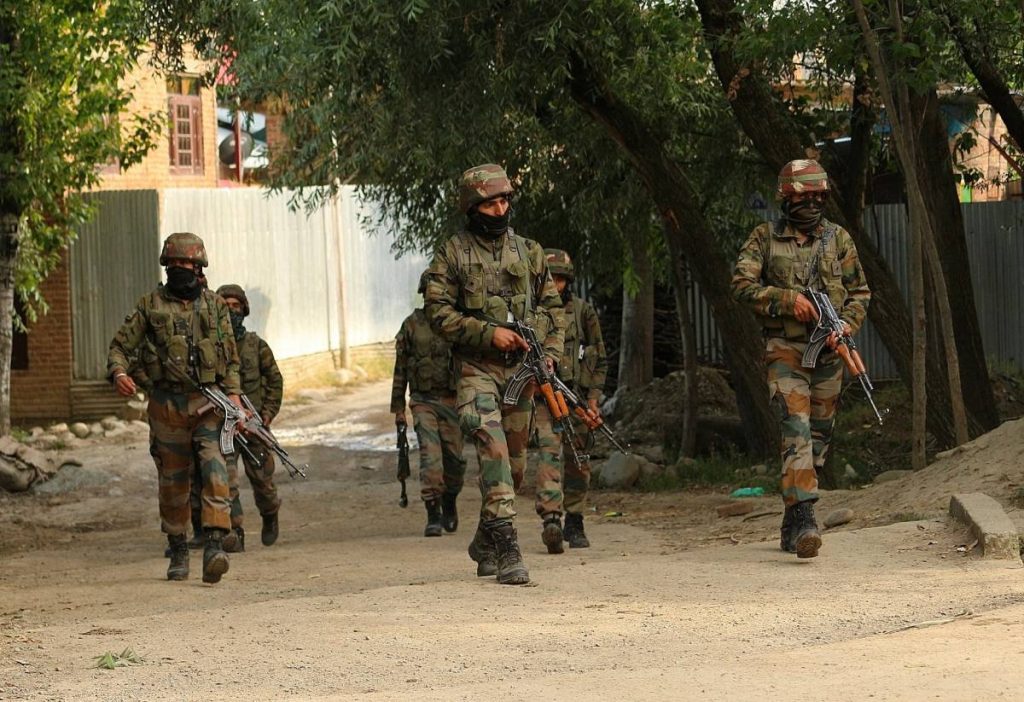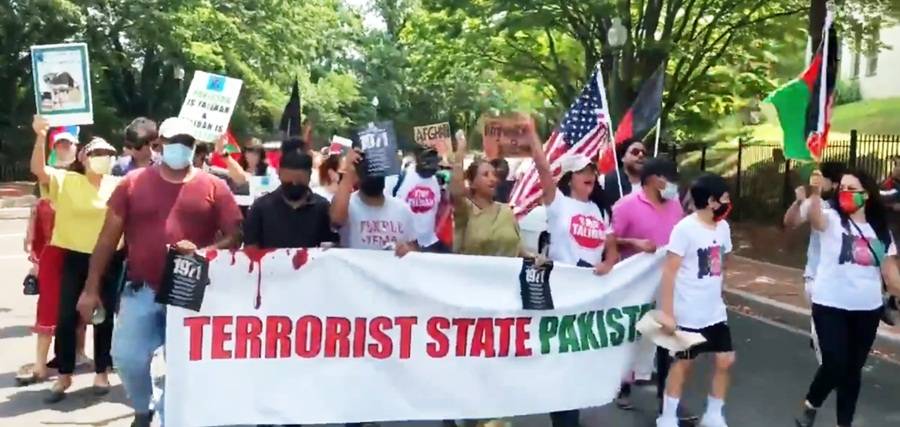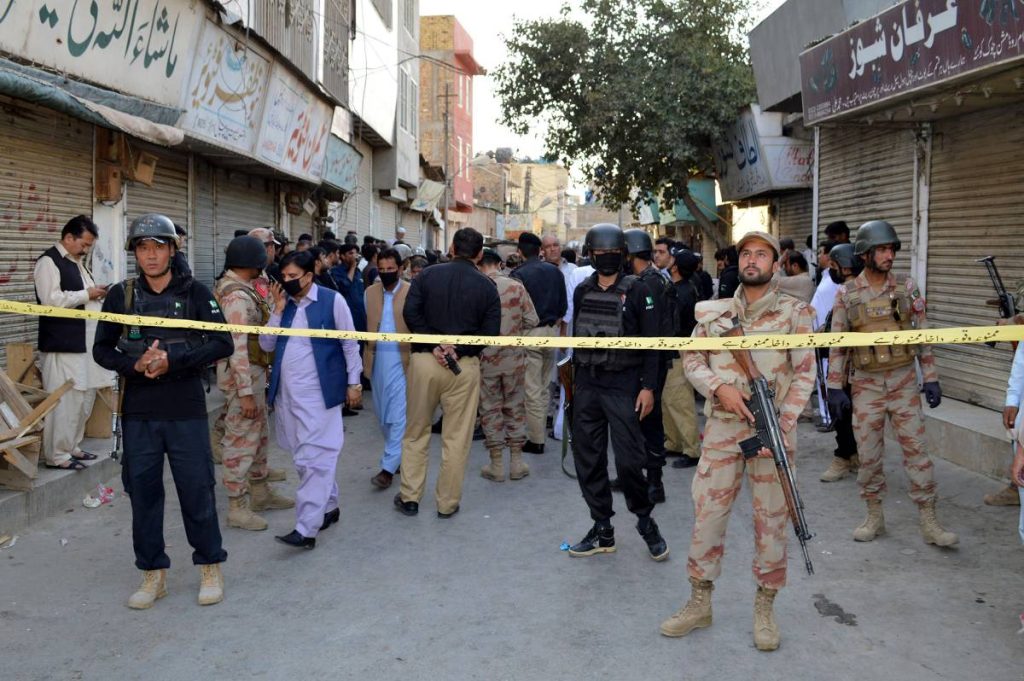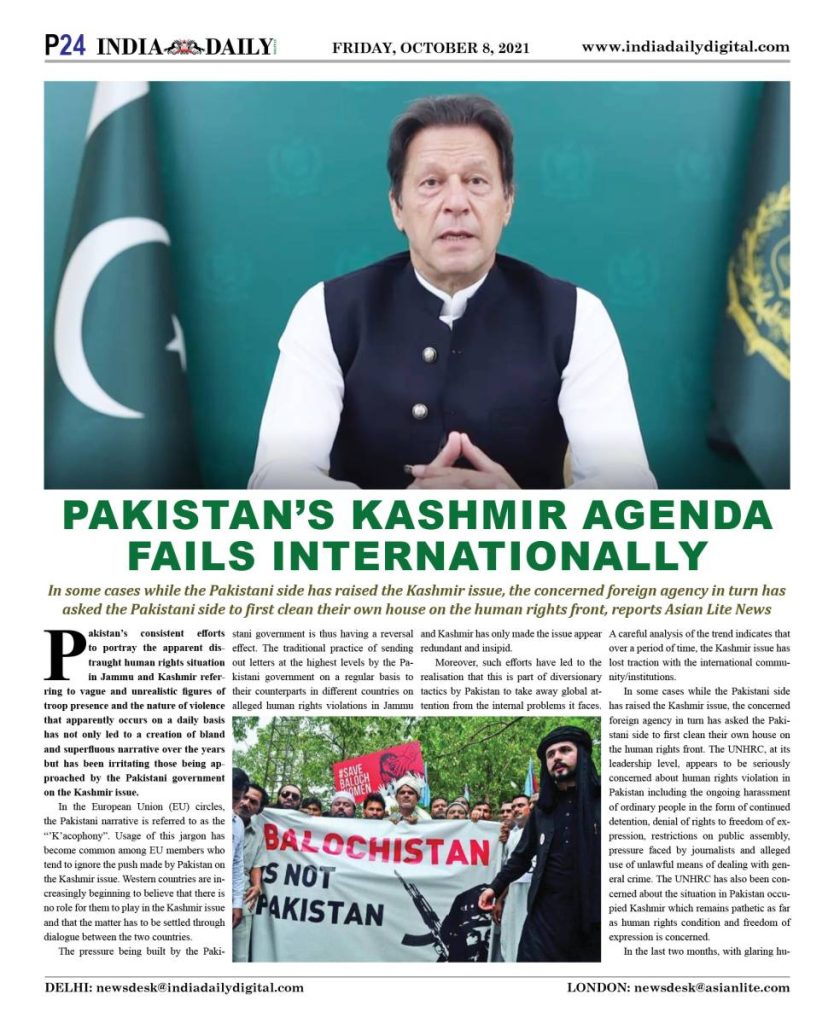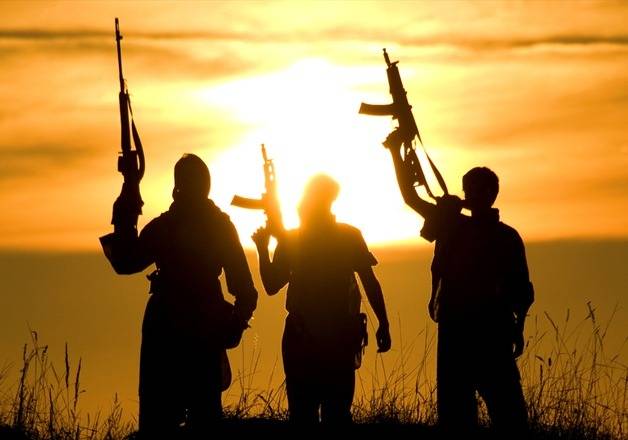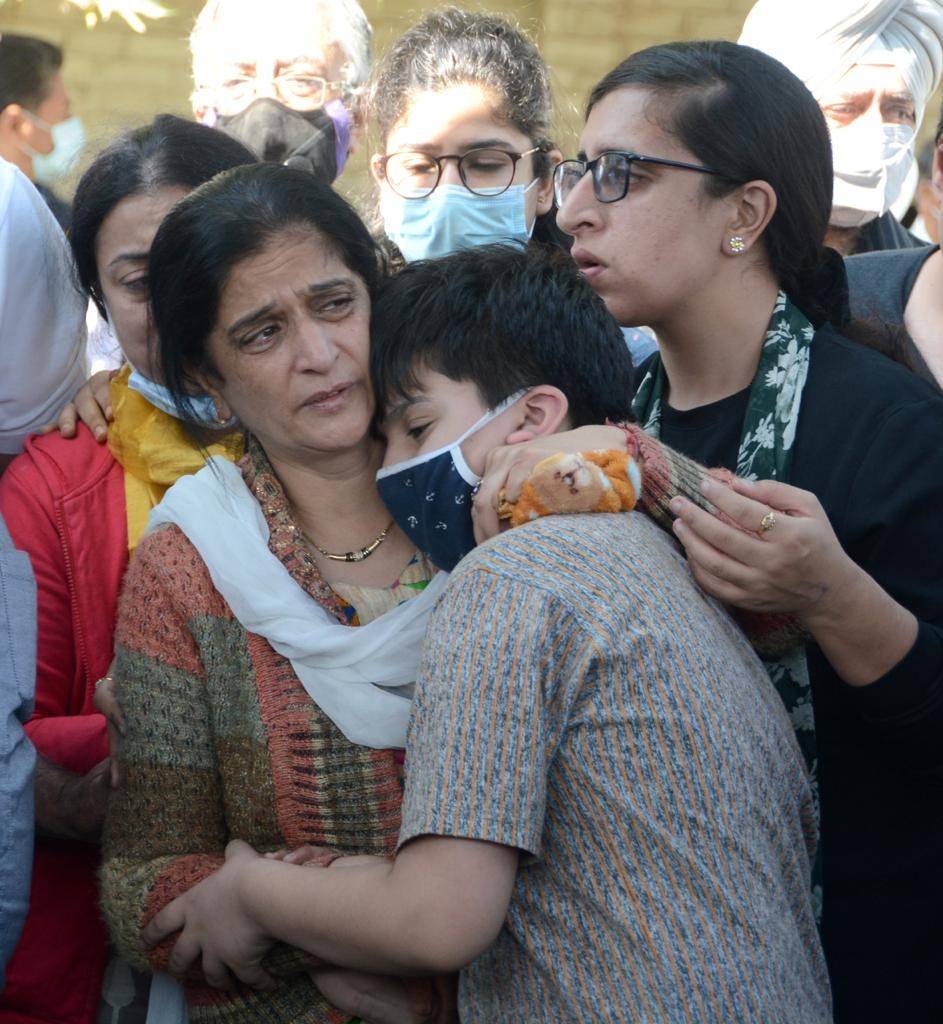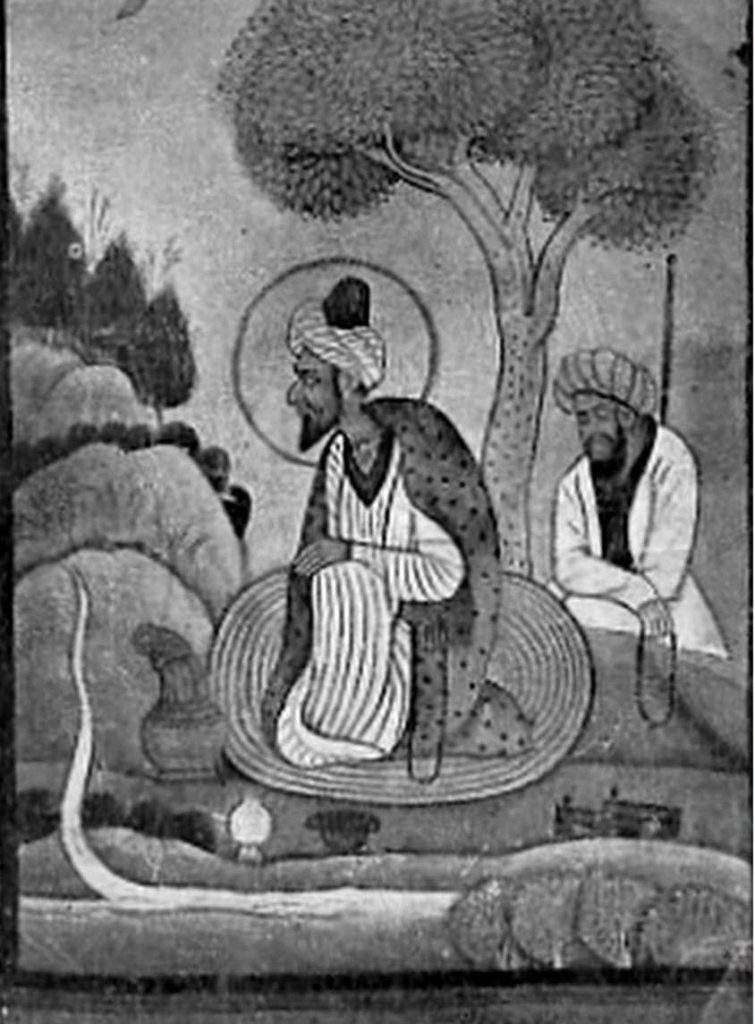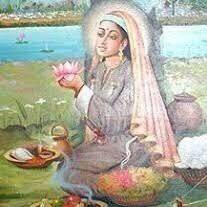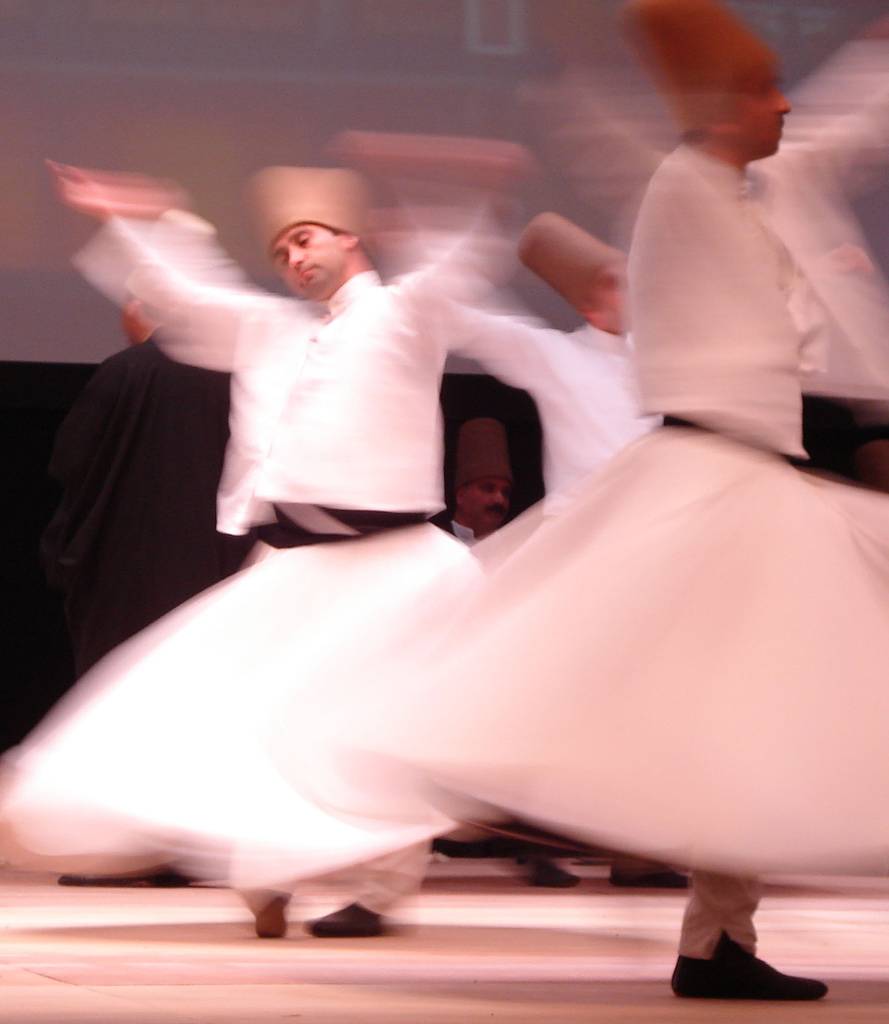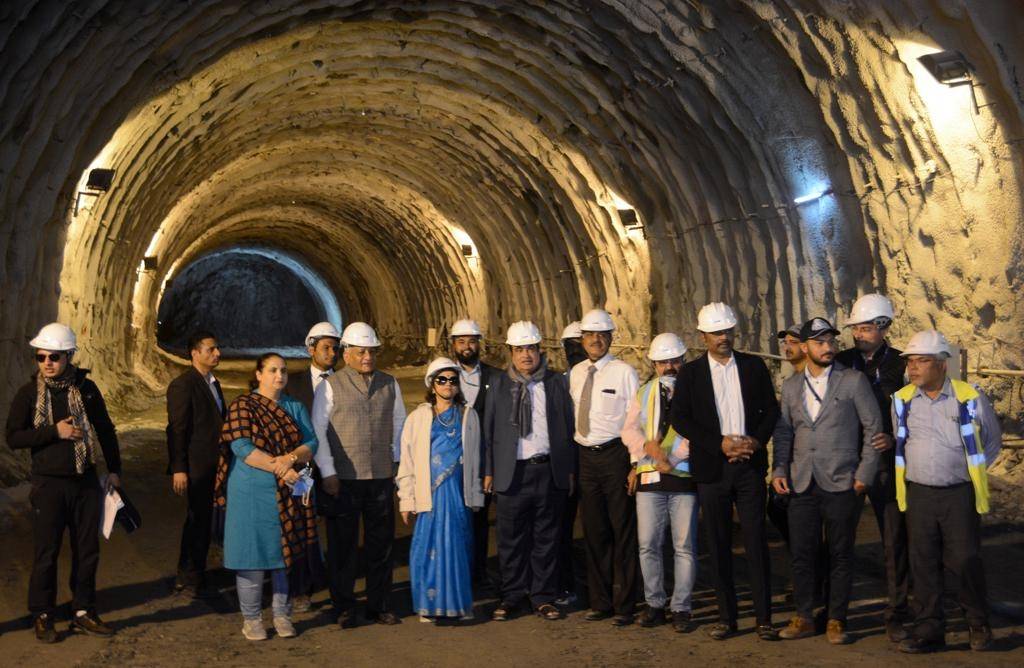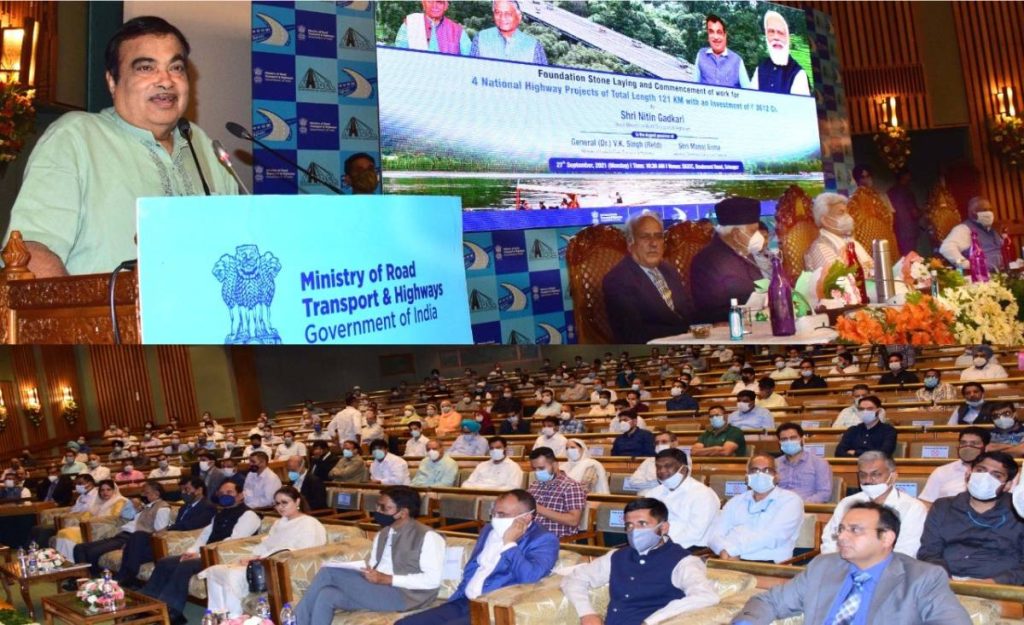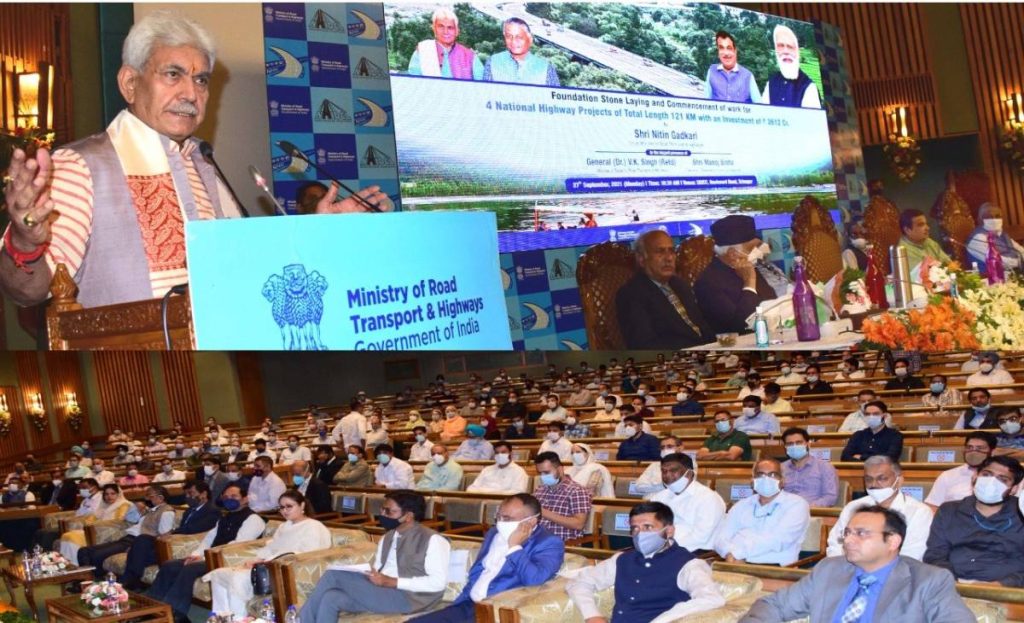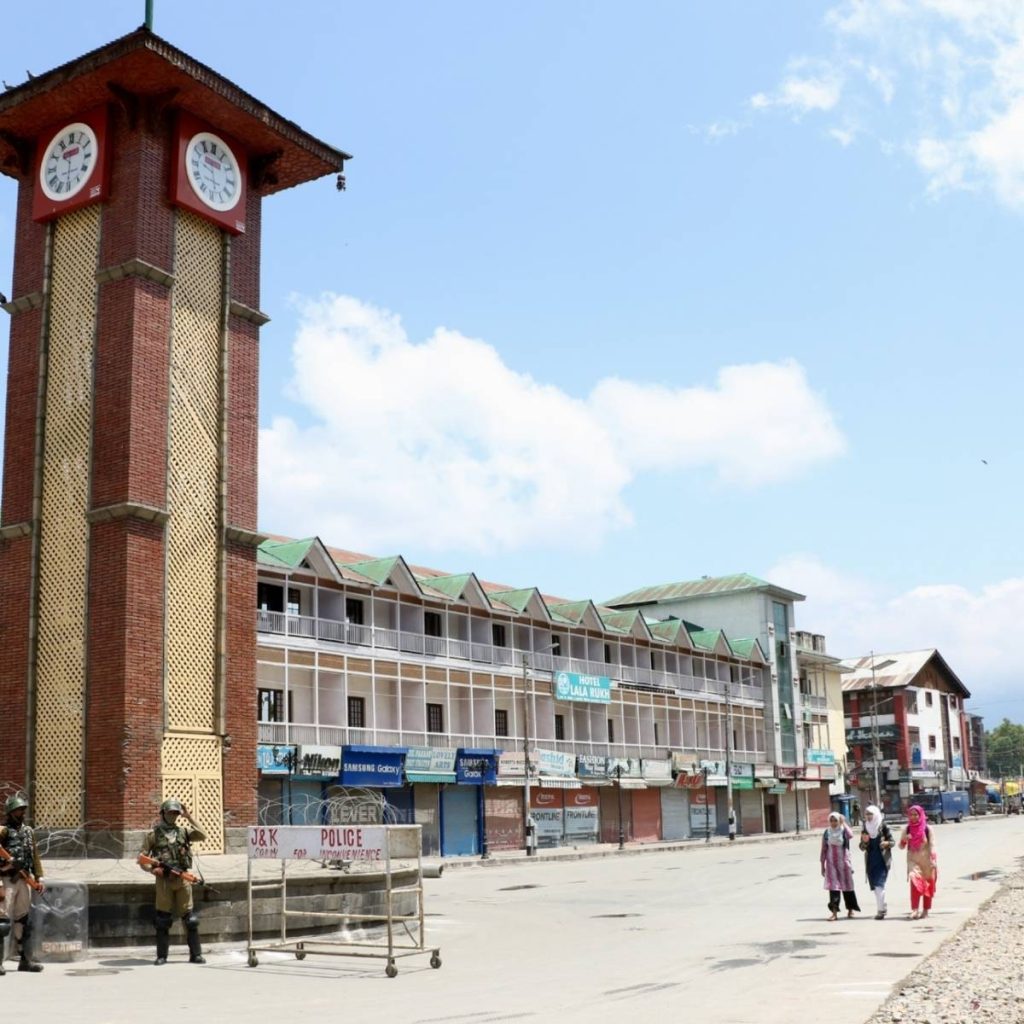Kashmiri being a Dardic language hardly resembles any other Indian language in terms of accent, intonation, vocabulary, etc., but young artists are not shying away from this language barrier…reports Asian Lite News.
Music is deep-rooted in the living paradise of Kashmir. It signifies its cultural glories and not just as means of entertainment and leisure, but as a central part of heritage. Its divine music is like food for the soul — birthed in the congregations of Saints and Sufis that would surpass the physical world into the metaphysical through music.
It is a gift of nature — heard through winds in the trees, countryside calm, willow orchards, and shades of Chinar through seasons. Trees in Kashmir have granted a natural sense of rhythm to artists; it is said with the changing atmosphere and moods of the Valley, the wind carries emotions passing through a variety of trees, paving way for music that only true artists can hear.
Kashmir also has a history of traditional musical instruments like Tumbaknar, Sarang, Rabab, Noet, Nai, Santoor, Sitar, Saz-e-Kashmir, etc., having a unique sound, importance, and reason. They were given a center stage in Bollywood movies like ‘Fitoor’, ‘Haider’, and ‘Raazi’.
Lately, many music studios are coming up in Kashmir. Kashmiri music is gaining popularity in the mainstream as artists across India are taking interest in Kashmiri folk music and language. Once again like the early Bollywood era, artists are choosing Kashmir as their video shooting destination. Perhaps this is the new beginning, the revival of the Kashmiri music and culture that we have been waiting for.
AR Music Studios, a Mumbai-based Music Record Label aims to revive the eternal appeal in music by blending traditional melody with modern demands. The founder, known by a popular Kashmiri song ‘Harmukh Bartal’, Jaan Nissar Lone from north Kashmir’s Baramulla has created waves in Bollywood for his forte, Sufi tradition meets modern acoustics. Their Sufi super hit soundtrack ‘Allah Teri Kya Shaan Hai’ was even chosen as the best Sufi song of the year by Mirchi Music Awards! He has established himself as a Bollywood music director, producer, and singer, lately having composed music and sung for the hit OTT series ‘The Family Man’ Season-1.
Jaan Nissar has also taken a hands-on initiative, a live project like Coke Studio, the first of its kind in Kashmir where Kashmiri singers will sing in Kashmiri with guests artists from South Asian countries to create fusions with languages like Pashto, Persian, etc.
Such upcoming studios are inspiring the new generation to choose music as their profession. Many Kashmiri music composers are collaborating with non-Kashmiri singers across India, and are earning international acclamation. A few of these songs are ‘Peer Myanio’, ‘Khodaya’, ‘Jugni- Az Rouz Saane’, ‘Rouvmut Dildar’, ‘Katyu Chukh Nundbaane’, ‘Salaam e Wazwane’, ‘Maenzi Raath’, all sung by outsiders, who barely understand the language but are quite keen learners!
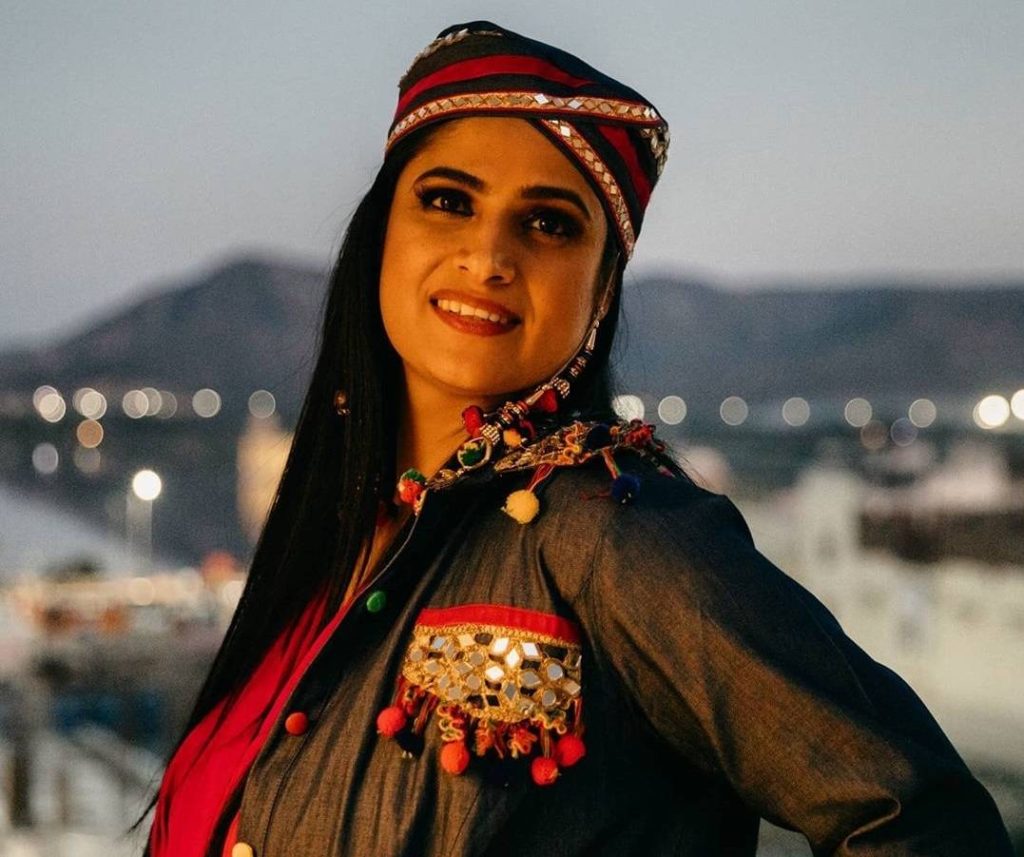
Kashmiri being a Dardic language hardly resembles any other Indian language in terms of accent, intonation, vocabulary, etc., but young artists are not shying away from this language barrier.
Rani Hazarika, from the renowned Hazarika Dynasty of singers from Assam, has sung Kashmiri songs: ‘Salaam e Wazwane’ (a tribute to Wazwan, the Kashmiri cuisine), ‘Maenzi Raath’, and ‘Katyu Chukh Nund baane’, among others.
Richa Sharma, a celebrated Bollywood playback and devotional singer is also looking to popularise Kashmir and the Sufi genre that has its soul in the Kashmir valley. Her latest album ‘Mere Ali Maula’ displays the true identity of Kashmir, its scenic beauty, and spiritual transcendence.
A huge singing sensation of the Valley, Mehmeet Syed, who topped the charts as a teenager since her music debut in 2004 with her first Kashmir musical ‘Chulhama Roshay Roshay’ is collaborating with an international group for creating a fusion of Kashmiri and foreign music. She has earned a household name by holding concerts in cities across the US, Australia, New Zealand, and the Middle East. She is ready to give Kashmiri music a new, global appearance.
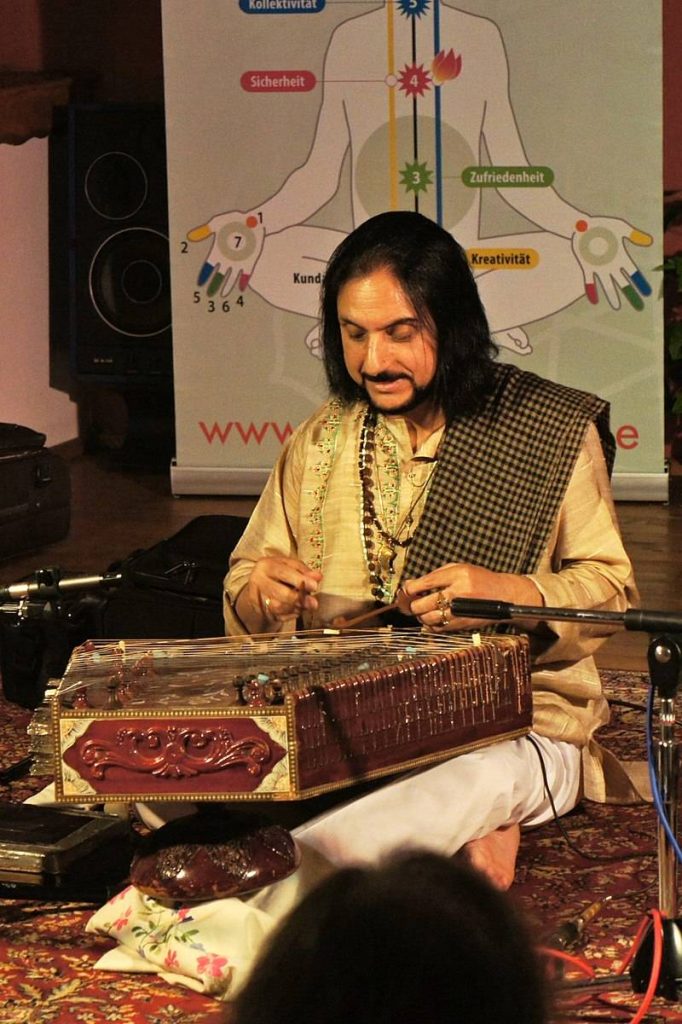
Some Kashmiri songs with their contemporary rendition and Hindi translations have taken Bollywood and non-Kashmiri artists by storm. They have been appreciated worldwide. The perfect example of this is Vibha Saraf’s hit song ‘Khanmoj Koor’ for the film ‘Raazi’, the Hindi rendition of which is written by Gulzar, and won her an IIFA and Zee Cine award in 2019. Due to the fame of the song, even the Telugu film industry is looking into songs in the Kashmiri language for their movies!
Few local artists too have been recognised on the National stage. Singer Rasiq Imtiyaz Khan’s solo Kashmiri song ‘Lolan’ has been released by Zee Music Company, one of the top labels in the country.
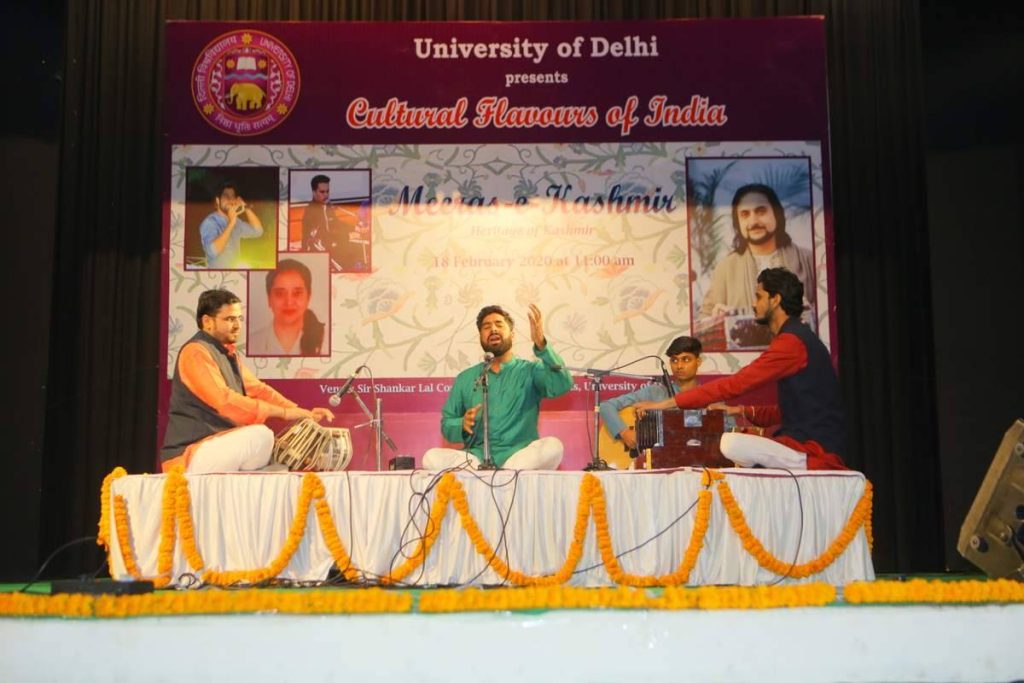
Another artist, known as ‘Arijit Singh and Bryan Adams of Kashmir’ — Ishfaq Kawa from Bandipora district has redefined Kashmiri music in the last few years, creating a separate niche for himself without receiving any formal music training. His latest album has been highly regarded on online platforms with his biggest hit ‘Nund Bani’ crossing 7.3 million views on YouTube alone. And now he’s all set to make his Bollywood debut!
Music Composer Amit Kilam (Band – Indian Ocean) who has composed music for various blockbusters including ‘Black Friday’, ‘Swaraj’, ‘Peepli Live’, ‘Masaan’, and ‘Satyagraha’, is also joining the brigade to bringing music of the valley to the limelight. He is exploring the old folk musicians and young rap artists of Kashmir to bring them under one roof.
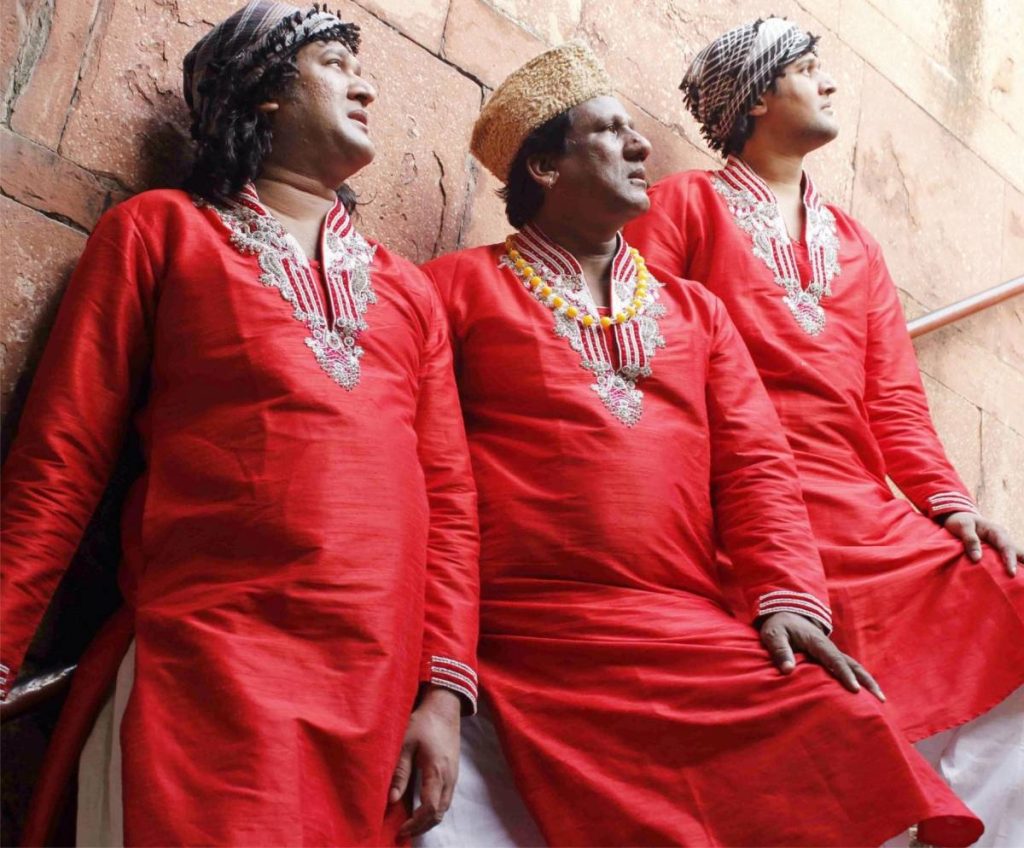
Few artists in the valley are doing their bit in helping the youngsters learn of their glorious roots. Harkishan Singh Sanam, a 20-something Sikh youngster from South Kashmir’s Tral region has opened a music academy to teach kids the nuances and style of Kashmiri Sufi and Bollywood music, while simultaneously working on his first Kashmiri recorded album — a unique blend of Punjabi-Kashmiri music.
With the improving situation in J&K and the Prime Minister’s inclusive brand of leadership that is changing the direction of winds in the Union Territory, there is a genuine interest among the people to take part in artistic activities because they foresee development and better quality of life. The music of this ‘Paradise on Earth’ has given expression to human tendencies, sentiments, and passions with its universal appeal and ability to enlighten the soul and it must be propagated and preserved at all costs.
ALSO READ-A Musical tribute to 50 years of ‘Mammootysm’
READ MORE-Ace musicians Nihira Joshi Deshpande, Gulraj Singh to converse on LivDemy platform

